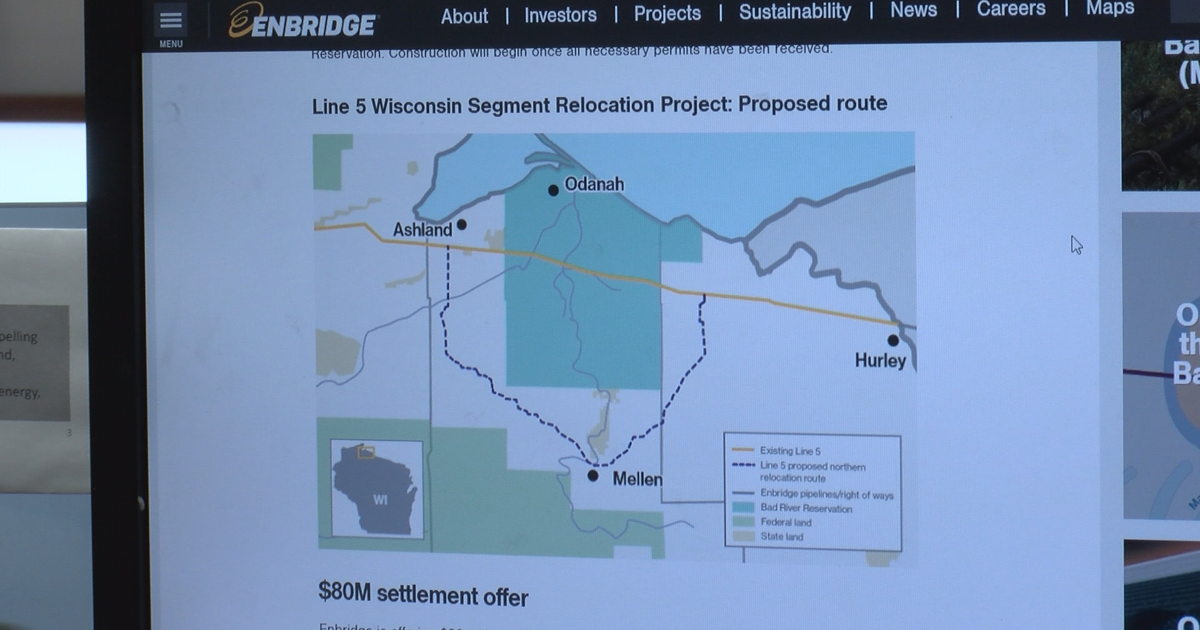Roaring Crowd Fuels Tigers: Drinkwitz Hails Mizzou's Electric Home Field Advantage

In a thrilling display of team spirit, Missouri Tigers fans packed Faurot Field, creating an electrifying atmosphere as they rallied behind their team in the intense showdown against the Kansas Jayhawks. The passionate crowd brought an unmatched energy to the stadium, demonstrating unwavering support for their beloved football squad. Their thunderous cheers and unwavering enthusiasm proved to be a powerful force, helping to motivate the players and create an intimidating environment for the opposing team.








